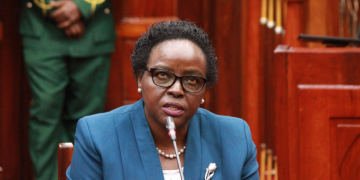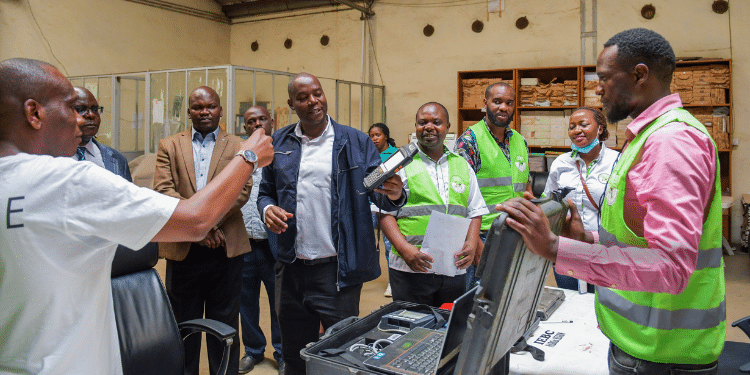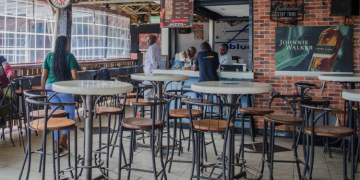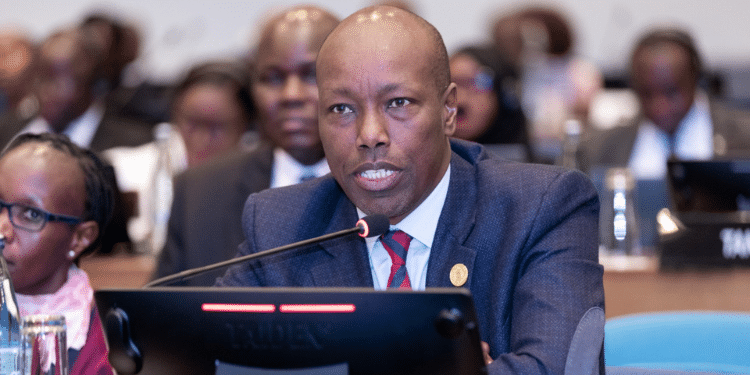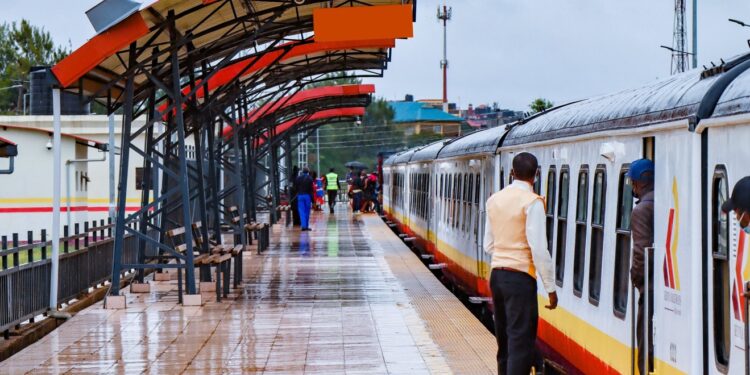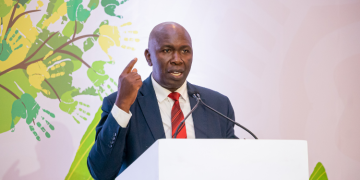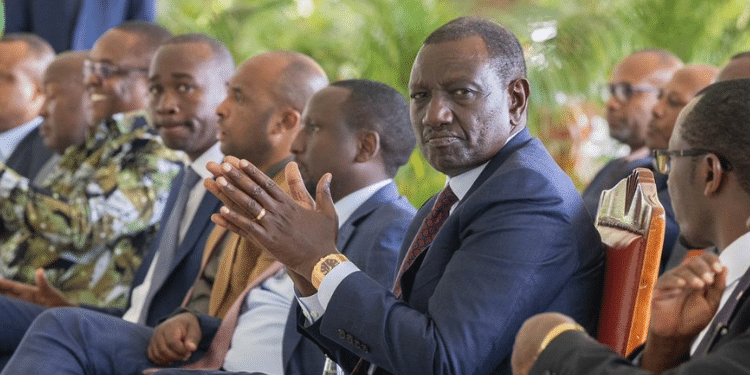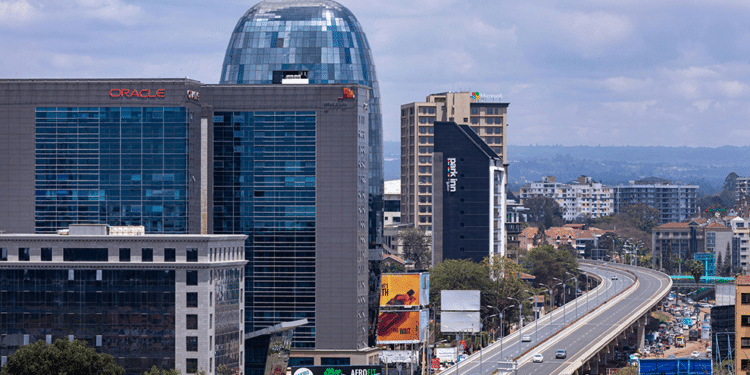Kenya’s private sector activity picked up in the month of August, the Stanbic Bank Kenya Purchasing Managers’ Index (PMI) survey has revealed.
The report released on Wednesday revealed that the Stanbic Bank Kenya Purchasing Managers’ Index rose to 50.6 in August from 43.1 in the previous month of July.
According to the survey, the rise came following a recovery by firms from the disruption caused by anti-government protests in the previous month.
Readings below 50.0 like that of 43.1 recorded in the month of July signal a contraction in activity, while those above 50.0 indicate an improvement in business conditions.
“The Stanbic Bank Kenya PMI indicated a mild recovery in business conditions during August as the impact of protests faded, allowing firms to broadly resume normal operations,” Stanbic Bank Kenya said in comments accompanying the survey.

The July figure was a drop from the 47.2 reported in June and reflected the effects of protests against the government during both months which disrupted some business activity.
Also Read: How Women Can Spur Growth of the Private Security Sector
“Output increased across three of the five broad sectors covered by the survey, with renewed growth in services, wholesale & retail and construction,” Stanbic Bank Kenya said.
“By contrast, there were declines in activity across manufacturing and agriculture.”
Private Sector Activity in July Drops
Also, operating conditions in July worsened for the second month running, and to the greatest extent since April 2021.
Stanbic Bank reported that protests in Kenya caused disruption to the private sector in July, leading to a marked deterioration in business conditions.
Political instability led to a reluctance among customers to commit to new orders, while the protests themselves in some cases blocked access to businesses and prevented them from opening, according to the survey.
Also Read: Karibu Connect: Kenyan Company Authorized to Resell Starlink
These factors caused steep reductions in both output and new orders, while there was evidence of delays completing outstanding business and receiving purchased items from suppliers.
The deterioration in business conditions was due to rapid reductions in both output and new orders, in turn largely reflecting disruption caused by protests and political instability.
A lack of money in circulation and cost of living pressures also contributed to declines in demand and business activity. In both cases, rates of contraction were the most pronounced since April 2021.
Protests Affect Business Activity
Business activity decreased across four of the five broad sectors covered, with the sharpest decline being in agriculture. Manufacturing was the only category to post a rise in output.
Disruption from the protests impacted the ability of suppliers to deliver items to companies and the completion of projects by Kenyan firms themselves.
As a result, suppliers’ delivery times lengthened for the first time in ten months and backlogs of work accumulated to the greatest extent since March 2023.
In June, President William Ruto discarded the Finance Bill 2024, which contained tax hikes worth Ksh346 billion, following deadly street protests.
The Gen Z-led protests continued as the youth vowed to fight for good governance by sustaining protests across the country, until their issues and demands are addressed by President Ruto’s administration.
Follow our WhatsApp Channel for real-time news updates!
https://whatsapp.com/channel/0029VaB3k54HltYFiQ1f2i2C





